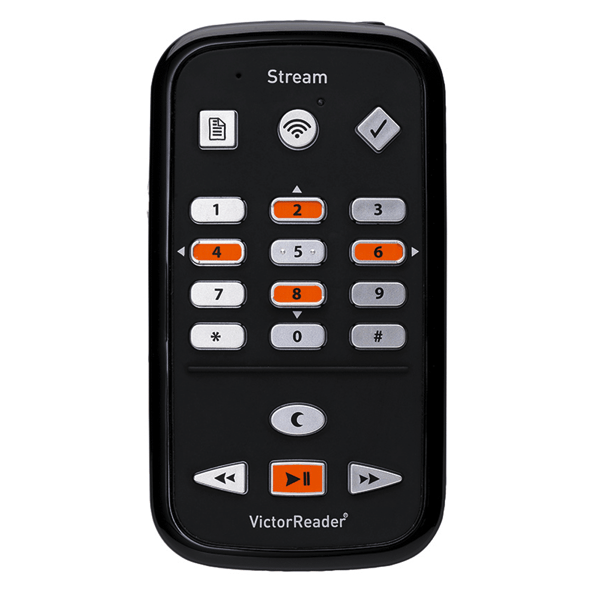
“I can’t imagine any visually impaired person would prefer reading books using a computer voice rather than a human voice!”
I’m probably misquoting the words but that was the sense of a comment I heard on one of the assistive technology podcasts I regularly listen to. My immediate response was to disagree vehemently… and then I paused and thought about it for a bit.
You see, I actually do prefer reading using a computerized voice. And I seriously doubt I’m the only blind person who does so. So I hopped onto Facebook and asked the question, tagging all the visually impaired people I’m connected with on that platform.
It wasn’t just curiosity that drove me, though anyone who knows me will agree that I have a finely developed sense of curiosity. I also wanted to find out to help me reach more blind and visually impaired people with my own books.
It turns out that most of the people I asked preferred human voice books in the form of audio books or services like Audible.com. When chatting to a friend about this startling (to us both) fact he offered a few reasons why this might be so, but his rationale was fairly complicated and this is only meant to be an article, not a thesis!
When I first lost my sight I used to listen to audio books and found that my opinion of the book often depended on the quality of the reader and, in some cases, how well I felt the reader’s voice fitted the genre of the book. Of course, that was back in the days when my only source of books was the library service, Tape Aids for the Blind where the readers were all volunteers so the quality varied quite a bit. Thankfully there was only one instance that the reader was so bad that he totally killed the book for me! But I truly began to feel like I was juding the books, not by their covers but by their readers.
Then someone introduced me to reading on computer using a screen reader and my life was transformed. I loved the ability to scan any book I wanted and read it. I loved the ability to change the rate and pitch of the voice – if you try that with a human voice it often lands up sounding like Minnie Mouse on helium which really isn’t pleasant. But most of all I loved that I was free to interpret the words in whatever way I chose to rather than having my impressions of the book determined by the reader– to me that was the closest I’d found to reading as I’d done when I still had sight.
Ultimately I don’t think there’s a right and wrong way to read when you’re visually impaired. The important thing is that we have the ability to read in whatever format we each prefer, whether it’s using human voice, computer voice, or braille.
But my investigations got me thinking that I really ought to do an audio version of my book, A Different Way of Seeing… Anyone interested in reading for me?





